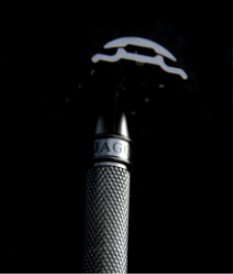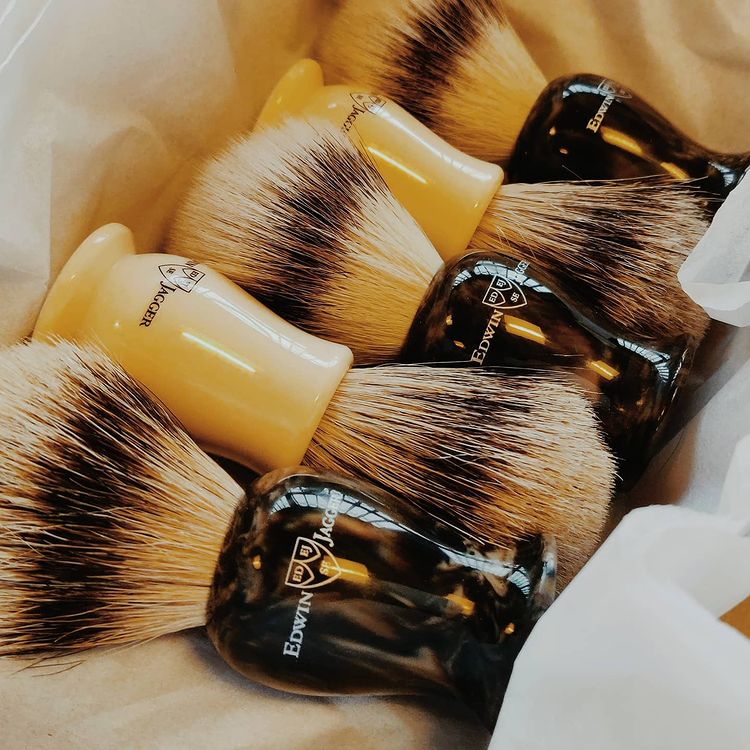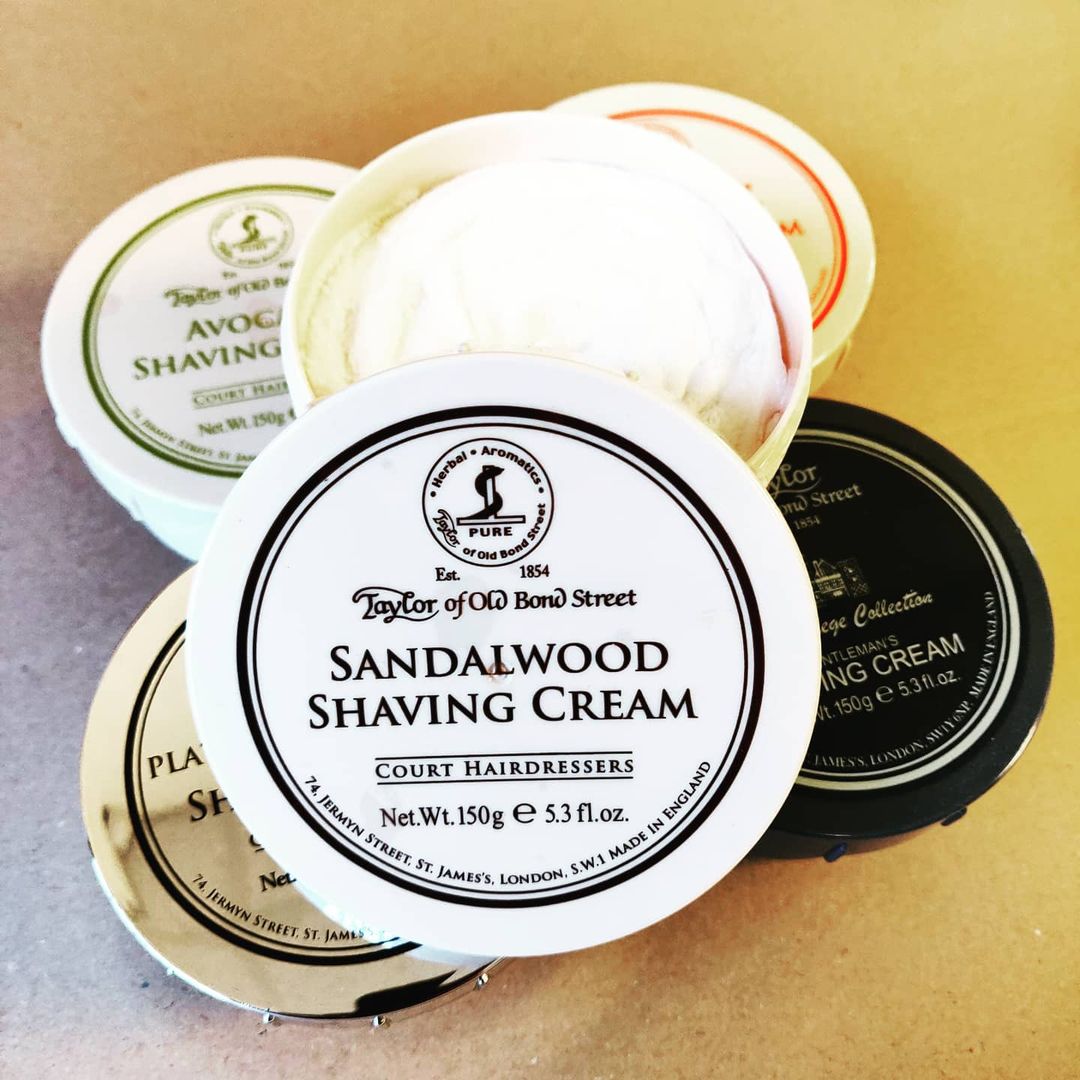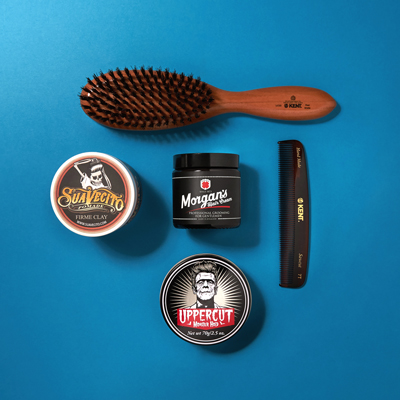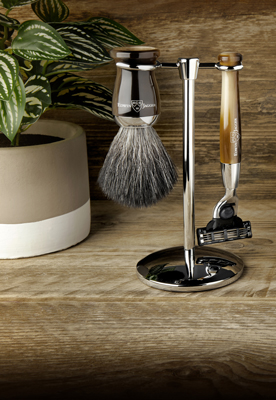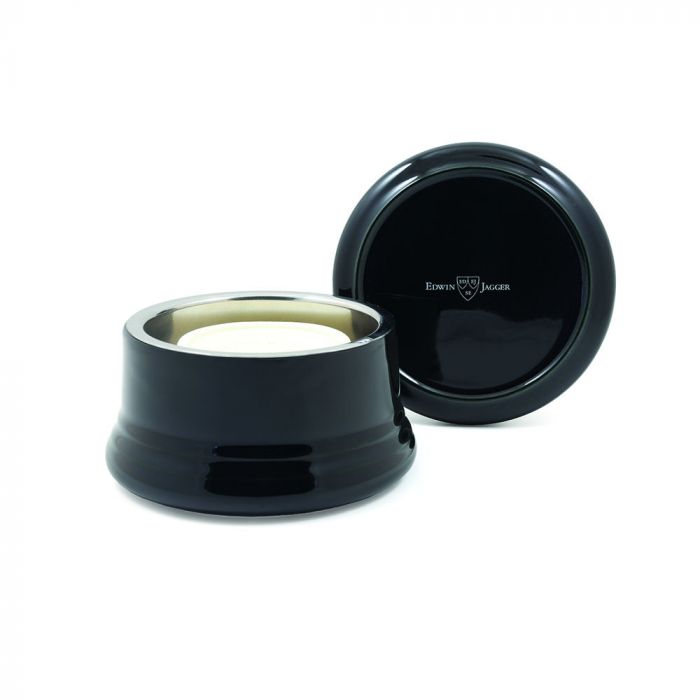Improve Your Skin Without Products
Here at The English Shaving Company, we’re big fans of skincare products. Using anything from a good quality shaving soap through to an effective moisturiser for your skin type can make a big difference to your skin. However, there are some basic steps you can take to improve the health of your skin without any products at all. In fact, these steps make a great foundation to ensure the skincare products you do use are even more effective!




10 Product-Free Skincare Tips
Knowing how to care for your skin without skincare products is a great way to ensure your skin stays naturally healthy. It also means that the products you use are even more effective.1. Drink Water
Drinking water is good for so many things: keeping your immune system healthy, your digestive system working effectively and your skin looking and feeling great. If you don’t drink enough water, your skin might suffer for it. The thing you’ll notice most if you’re dehydrated is a change in your skin’s hydrostatic pressure. This refers to the force within the cell that pushes the plasma membrane against the cell wall. In real terms, this essentially affects the skin’s elasticity -- how quickly it returns to normal if you pinch it. The more dehydrated you are, the longer it takes which is a sign that your skin isn’t at full health. Being dehydrated also affects the dryness of your skin. If you haven’t got enough water in your body, what you do have will be going towards more essential bodily processes rather than looking after your skin. Your skin will become dry and won’t rejuvenate itself as effectively. Health authorities vary in their recommendations from 1.2-2 litres of water a day, but it will depend on your body, your routine and your environment as to how much is right for you as an individual.2. Consider Your Diet
The way your diet affects your skin will vary a lot from person to person. However, there are some foods that are known to cause breakouts much more frequently than others. Greasy foods, for example, are notoriously bad for your skin. If your diet is high in greasy foods, cutting back should result in a noticeable improvement in your skin as it will cause less sebum (your natural oil) to be produced therefore making your skin less prone to acne. High glycemic index (GI) foods have also been found to negatively impact skin health. They change the composition of the natural oil that your skin secretes (sebum), making it less fluid and more ‘sticky’. This means it’s more likely to block up your pores and cause spots. On the other hand, foods high in eicosapentaenoic acid (EPA) and antioxidants are great for your skin - particularly in the long run. Eat foods such as fish, (particularly oily fish like salmon) dark chocolate, different kinds of berries, kale and pecans.
3. Avoid Too Much Alcohol
A drink every now and again is fine, but hangovers will affect you significantly more as you age and leave your skin looking rough! Avoiding hangovers by not drinking too much could go a long way in keeping your skin healthy.4. Warm Water
When you wash your face or shower you should use warm water rather than hot. Hot water damages your skin as it removes more of your natural oils. This is particularly one to look out for if you have skin that tends to be more on the dry side. When your skin doesn’t have its natural protection, it will dry out more easily and dead skin cells will clog up your pores leading to spots and blackheads.5. Keep Your Towel Clean
It might seem simple, but it can be easy to forget how long it’s been since you’ve swapped your towel. A damp towel, or one that’s been out on the rack for too long, will quickly begin to harbour bacteria that could cause problems for your skin when you use it. The same goes for other things that come into regular contact with your skin like your pillowcase, flannels or makeup brushes.6. Avoid too much sun
You might like getting a tan in the summer, but the sun is actually quite harmful for your skin. In the short term, sunburn can dry out your skin which removes your natural protection and causes dead cells to block up your pores. In the long term, it can lead to premature wrinkles and also increase your risk of skin cancer. On bright, hot and sunny days, avoid spending too much time in the sun. While this is a product-free guide, it is vital you apply sunscreen or SPF moisturising cream to keep yourself safe on sunny days!7. Sleep
Never underestimate the power of sleep and the effect it can have on your whole body including your skin. When you haven’t had enough sleep your skin will look dull with circles under your eyes. When you go into a deep sleep, however, your body replenishes itself and your skin begins to renew. Sleeping for eight hours a day (although the optimal amount does vary between individuals) gives your skin a chance to heal and rejuvenate itself.



